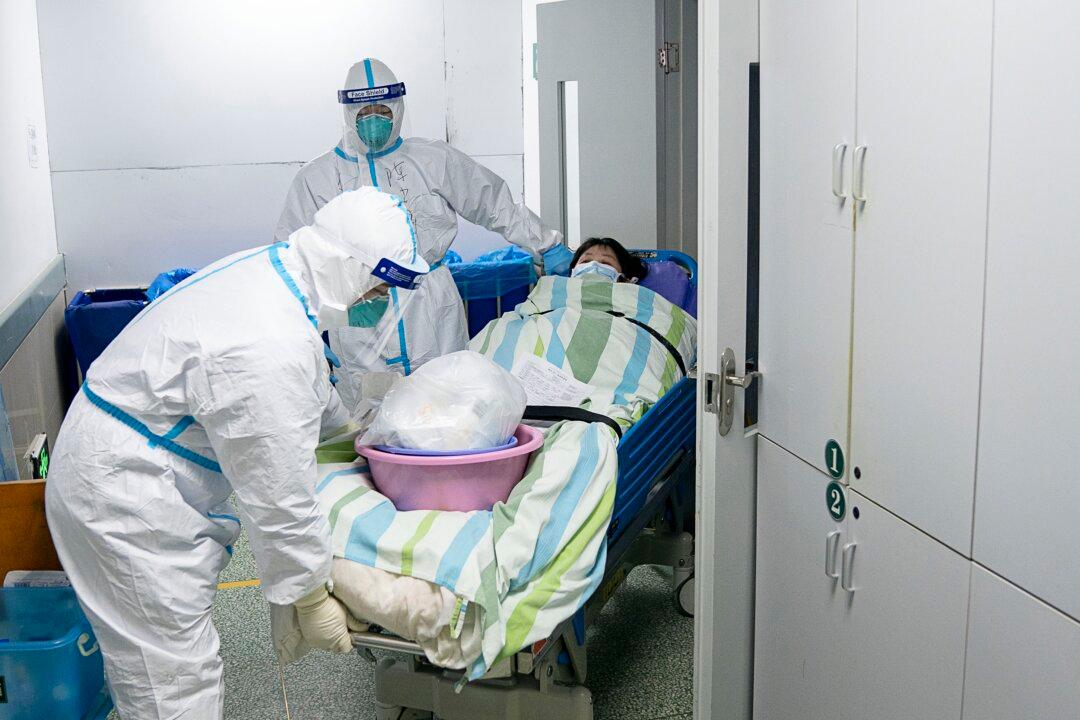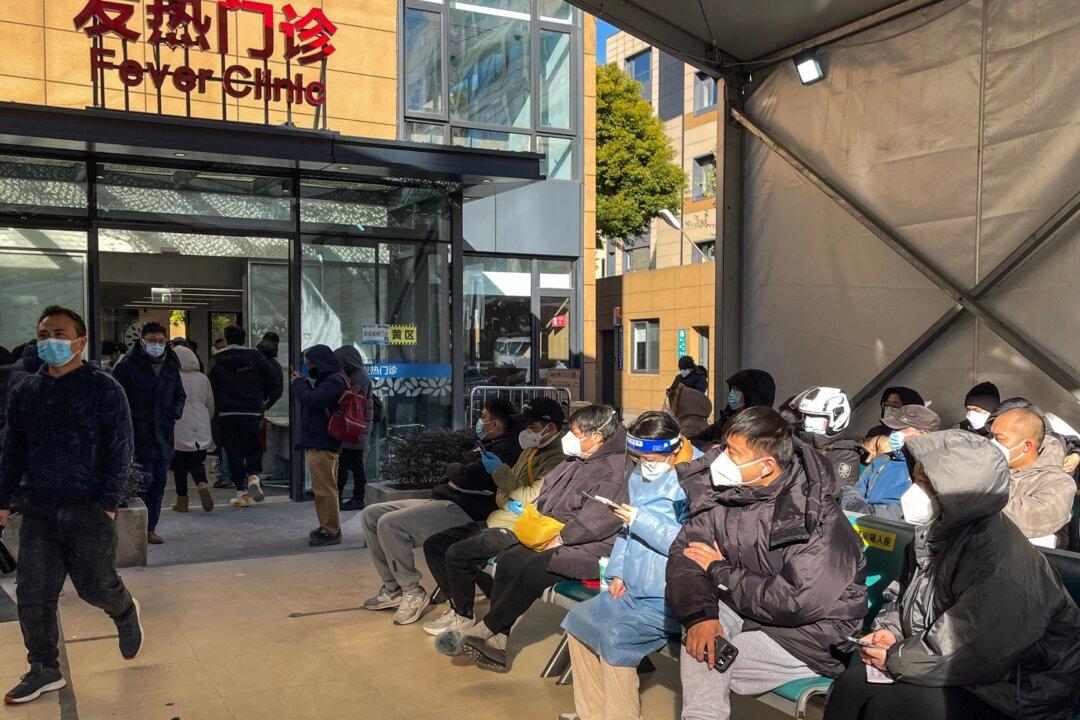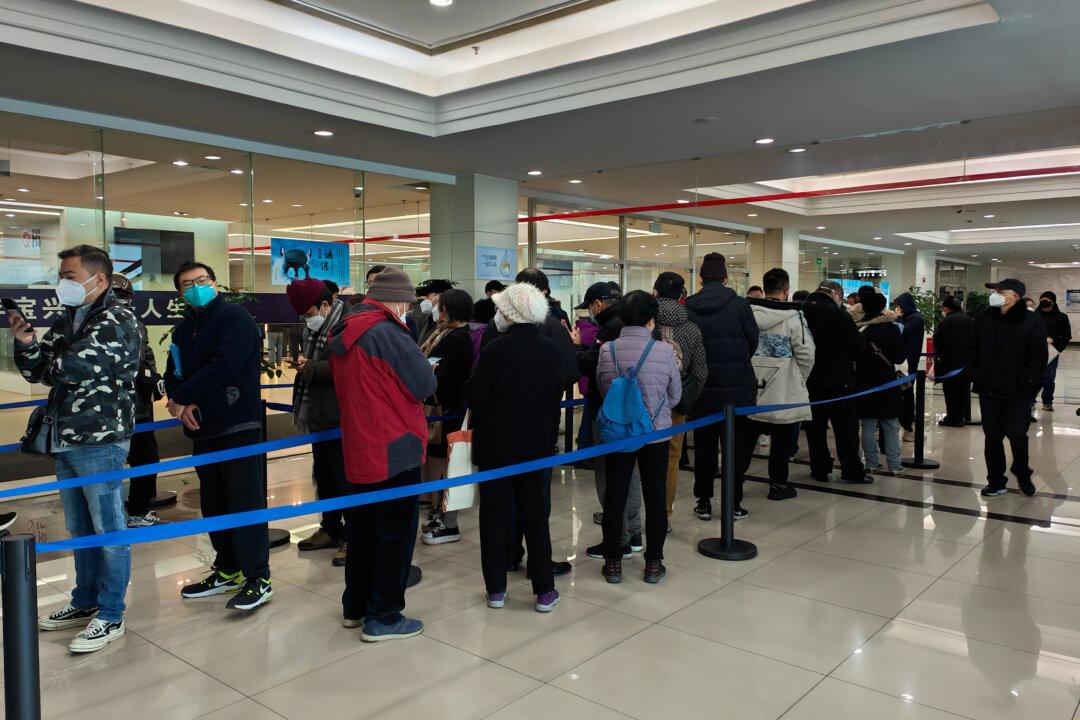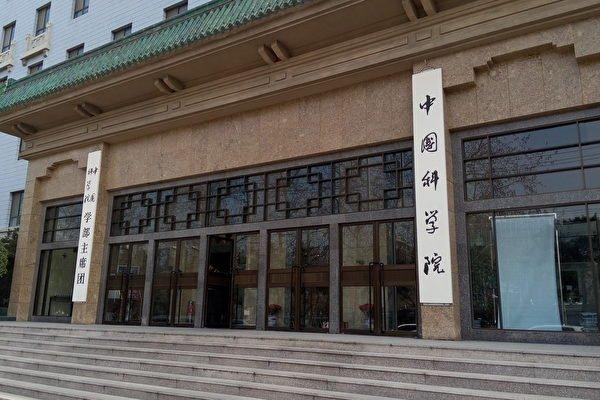At least 18 renowned academicians, professors, and researchers have reportedly died within two weeks, adding to a surge of obituaries as the COVID-19 epidemic continues in China. Some of the professors came from the Harbin Institute of Technology, a military-affiliated university, and Peking University, one of the birthplaces of Marxism where the Chinese Communist Party (CCP) took root.
In the face of rising infections from the EG.5 virus, a newly mutated strain of COVID-19, official obituaries use the term “disease” as the cause of death for public figures to cover up COVID death tolls. Meanwhile, doctors in most provinces and cities have treated the affected patients as if they had the flu.




